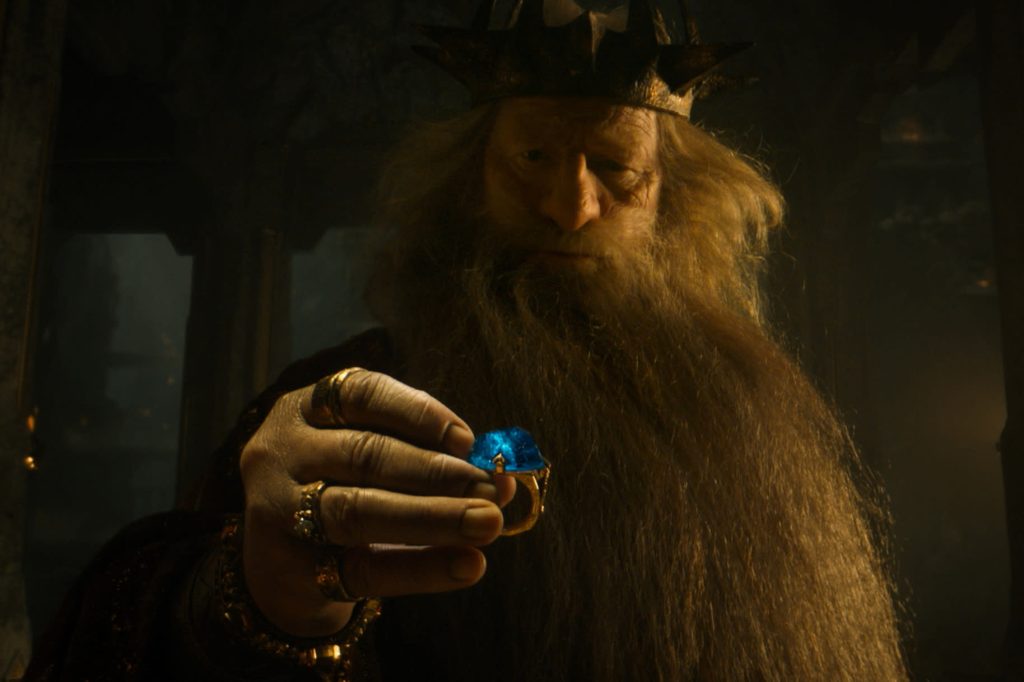
“The whole world’s gone mad, my son.” – King Durin III in The Rings of Power
Sometimes, it really feels that way. We look around the world and see political turmoil, wars, natural disasters, and clashes of cultures. Yet in times like this, a show like The Rings of Power helps remind us of better things and point us toward greater truths.
Themes of faith, hope, and love suffuse the show, revealing themselves through aspects of forgiveness and mercy, grace and redemption, light against darkness, good versus evil. This stands in stark contrast to so many other popular shows right now, shows that revel in nihilism and cruelty. So many seem obsessed with showing us descents into darkness without giving us any hope that anything can be different.
The Rings of Power chose differently. Before its debut, rumors spread everywhere about how dark it was going to be, and how it was going to be filled with that same kind of nihilism that other shows trumpet. But instead, it gave us a show full of values that haven’t been celebrated on television in decades.
Season one of the show set the stage, establishing the world and introducing the characters. In some cases, they were younger versions of characters audiences knew from The Lord of the Rings. In one particular case, Sauron, it was a wildly different aspect than people were used to. And then there were new characters and places as well. Season one set all this up, so that season two could explode. Season one walked, so that season two could soar.
If we hadn’t spent the time to get to know these characters, would we have cared so much about what happened to them in the second season? If we hadn’t seen Prince Durin’s relationship with his father in the first season, would we care so much when the son watches his father corrupted by one of the seven dwarf rings? If we hadn’t learned how Celebrimbor desired to create something glorious in season one, would we have truly understood the temptation he faces when Sauron (Annatar) goads him toward creating the rings? And if we hadn’t seen the powerful friendship established between Elrond and Durin, would that one scene have been as gut-wrenching?
Most importantly, would the moments of hope and redemption have hit as hard if we hadn’t seen what came before? Would Celebrimbor’s speech to Galadriel about “strength” have worked if we hadn’t seen her spending most of season one trying to succeed in her own strength?
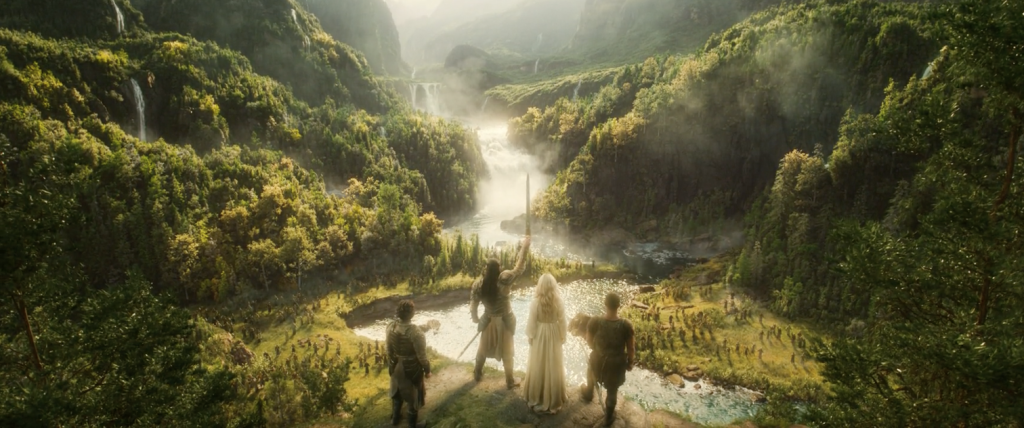
There is nothing else like this on television right now, and there hasn’t been in ages. If you’ve avoided it because of the perpetual outrage generators on YouTube and other sites, give it another chance. Watch it without any preconceptions. Let the beauty of Middle-Earth wash over you (seriously, almost every moment of the show is spectacular). Invest yourself in these characters. Weep with those who weep, and rejoice with those who rejoice. It will be well worth your time.
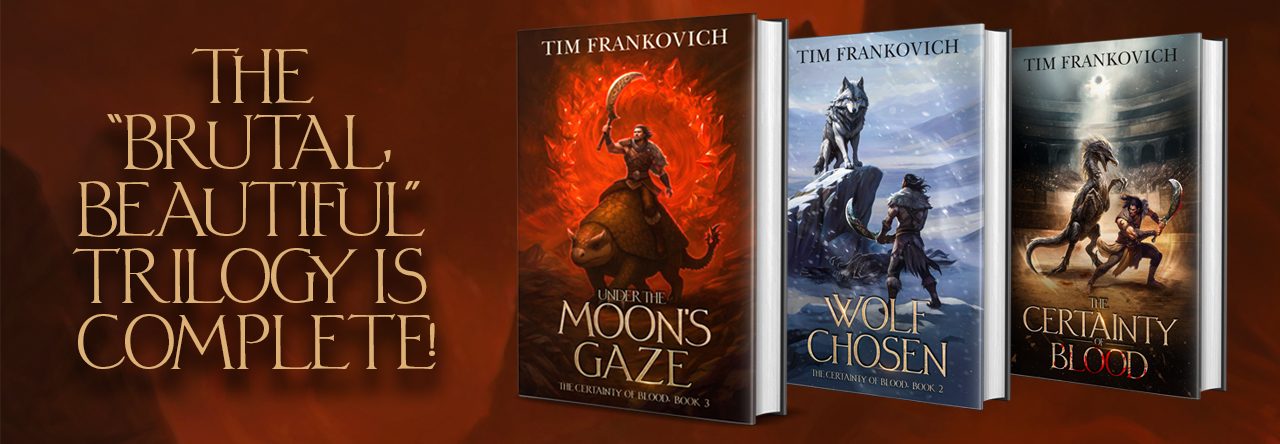
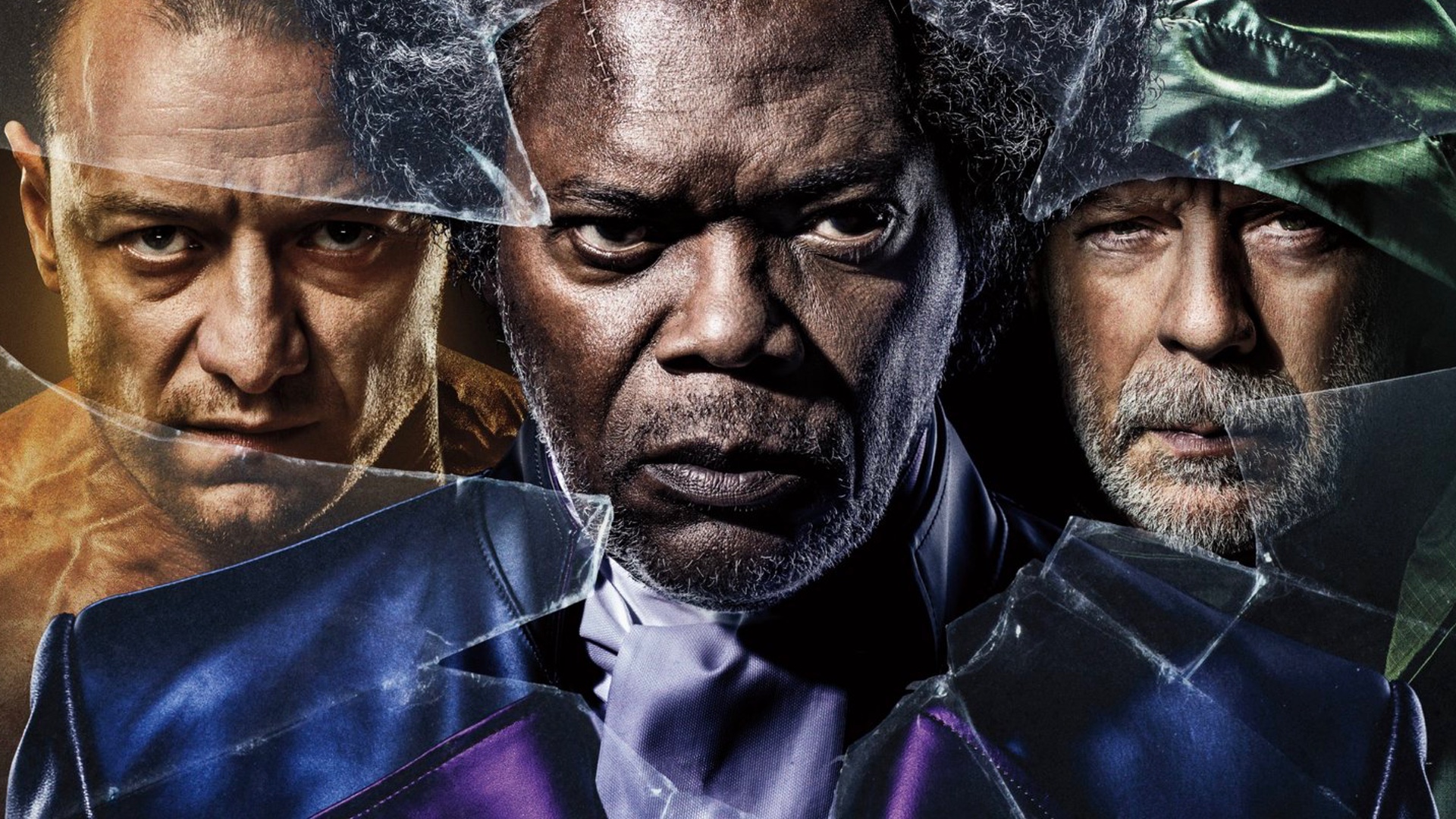 I saw that the critics hated it. No big news there. Critics have hated everything Shyamalan has directed since The Sixth Sense. Even Unbreakable got mixed reviews. I ignored them and went to see for myself.
I saw that the critics hated it. No big news there. Critics have hated everything Shyamalan has directed since The Sixth Sense. Even Unbreakable got mixed reviews. I ignored them and went to see for myself.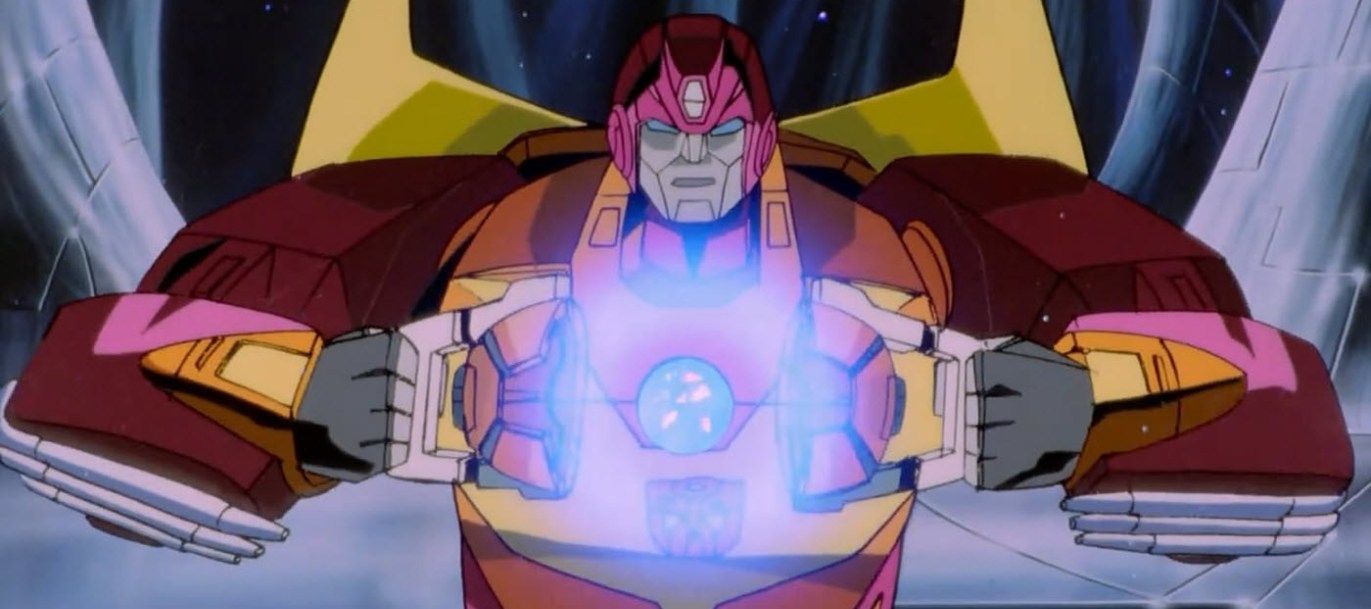 Transformers had some truly epic moments – the death of Optimus Prime, Starscream’s final betrayal of Megatron, the coming of Unicron, and of course, “Light our darkest hour!” But when I watched the movie for only the second time, decades after the first… I was shocked to discover that these epic moments came quickly, with almost no downtime between them, connected only by more rapid-fire action scenes.
Transformers had some truly epic moments – the death of Optimus Prime, Starscream’s final betrayal of Megatron, the coming of Unicron, and of course, “Light our darkest hour!” But when I watched the movie for only the second time, decades after the first… I was shocked to discover that these epic moments came quickly, with almost no downtime between them, connected only by more rapid-fire action scenes.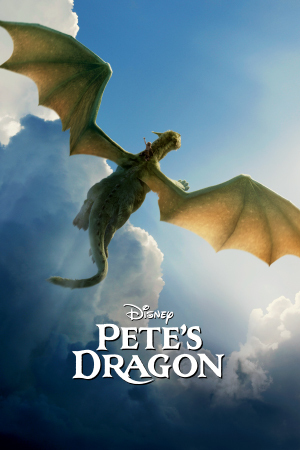 dford’s character Meachum describes the time when, as a young man, he had a brief encounter with a dragon. He talks about being scared and almost shooting it, but then deciding not to, because… there was magic. He couldn’t find any other word to describe it but magic. He tells his daughter how this magic affects him: “It changes the way I see the world – the way I see trees, the way I see sunshine, the way, even, I see you.”
dford’s character Meachum describes the time when, as a young man, he had a brief encounter with a dragon. He talks about being scared and almost shooting it, but then deciding not to, because… there was magic. He couldn’t find any other word to describe it but magic. He tells his daughter how this magic affects him: “It changes the way I see the world – the way I see trees, the way I see sunshine, the way, even, I see you.” *Fun tidbit: in the movies, Eomer was played by Karl Urban, who also starred in Pete’s Dragon.
*Fun tidbit: in the movies, Eomer was played by Karl Urban, who also starred in Pete’s Dragon.